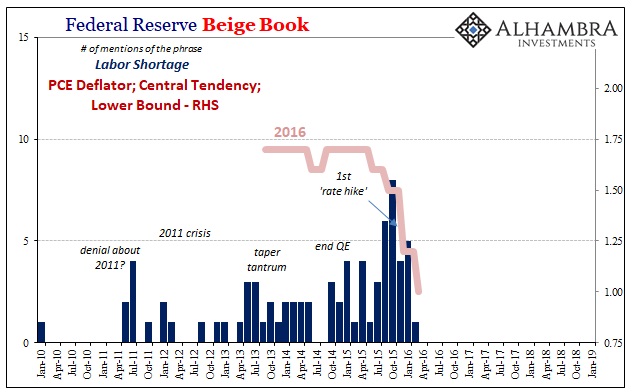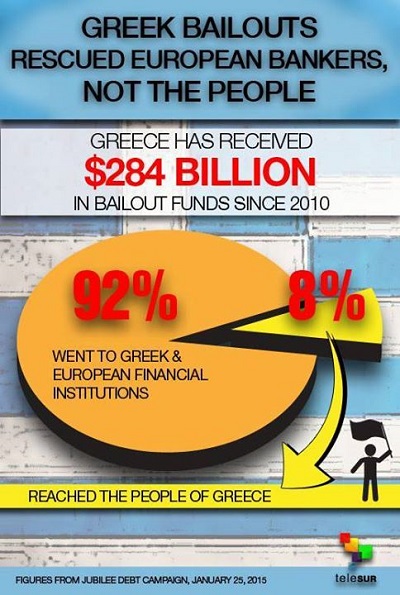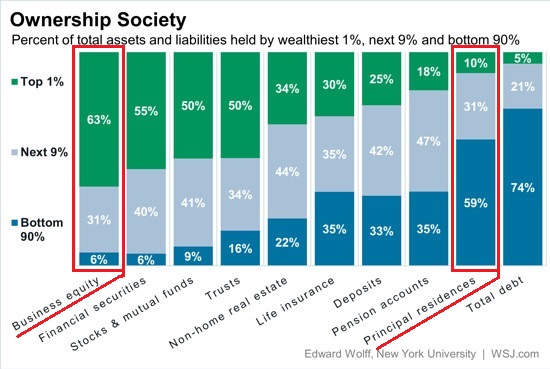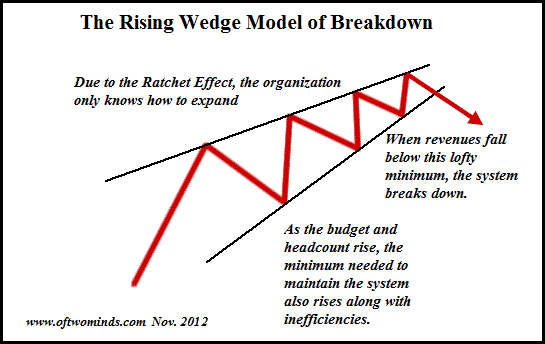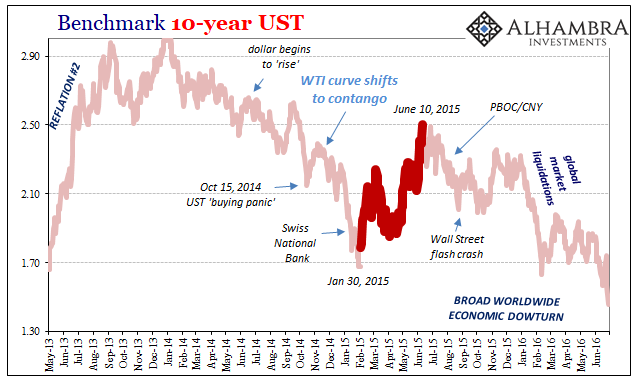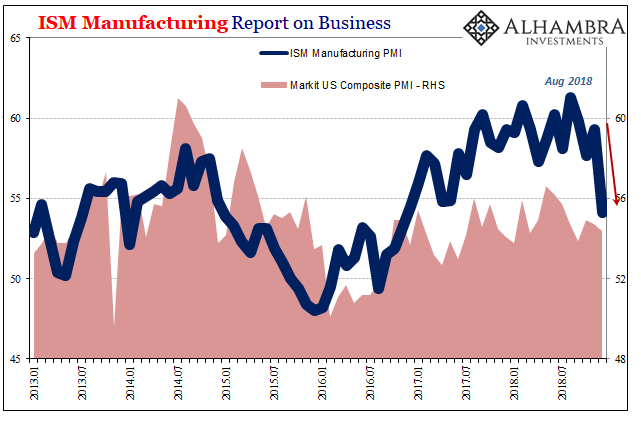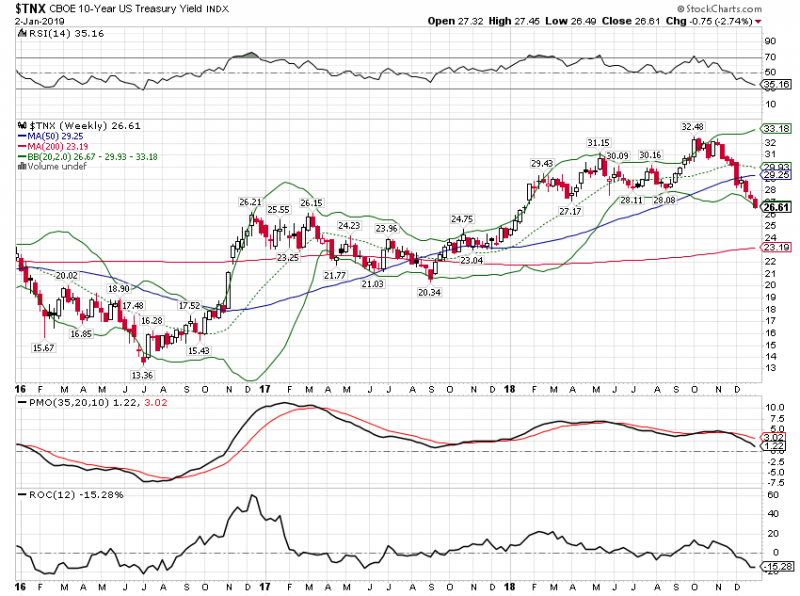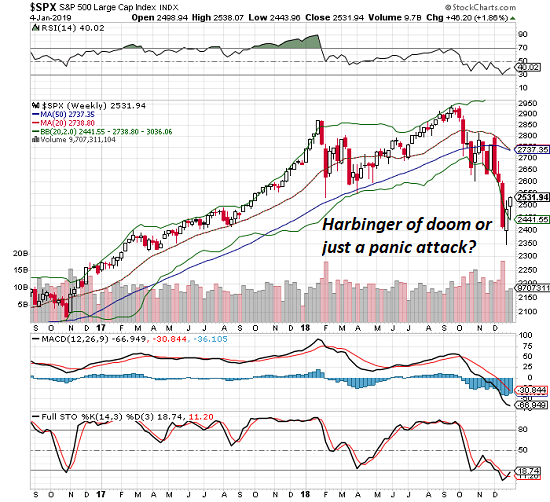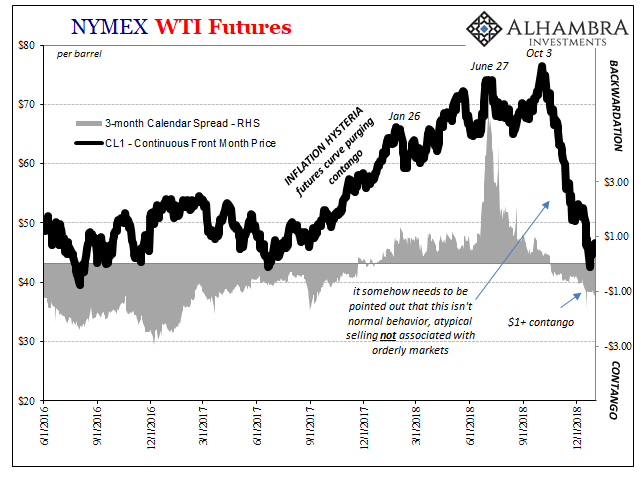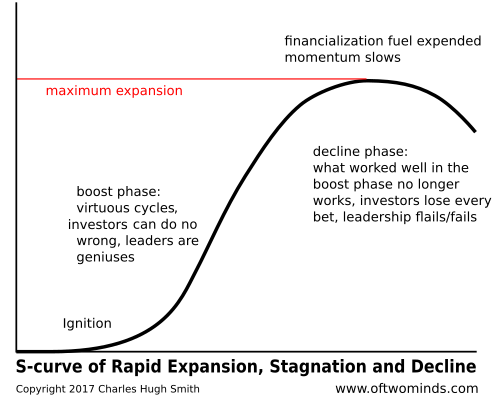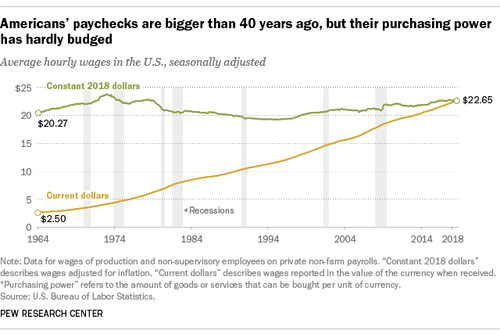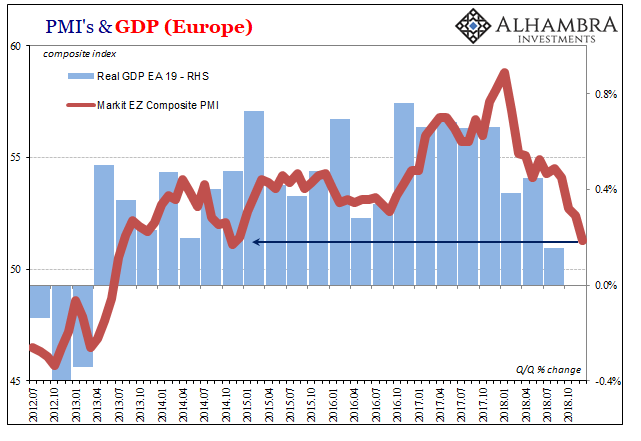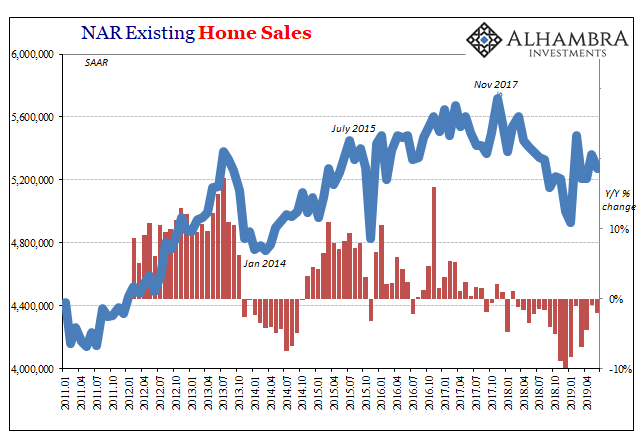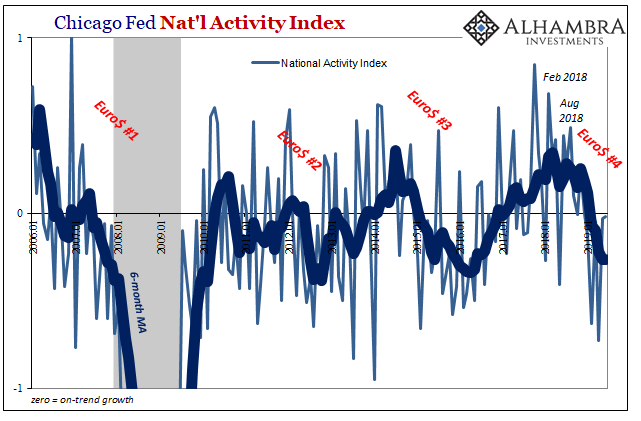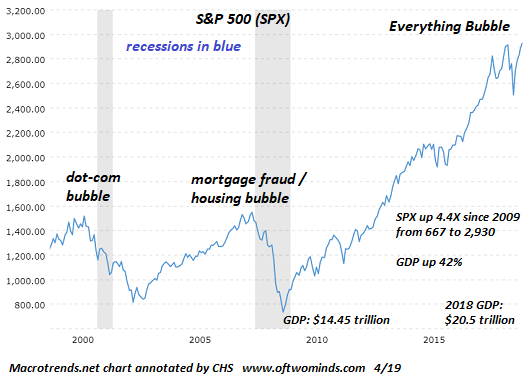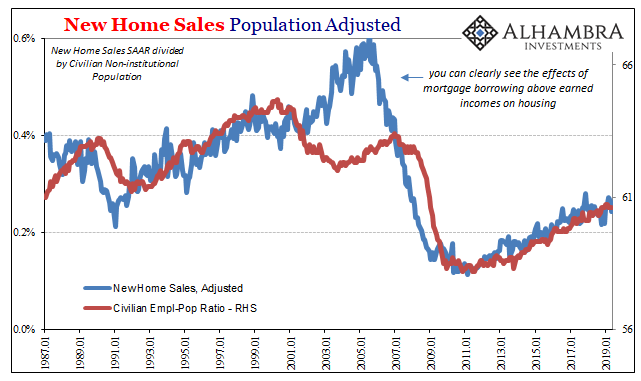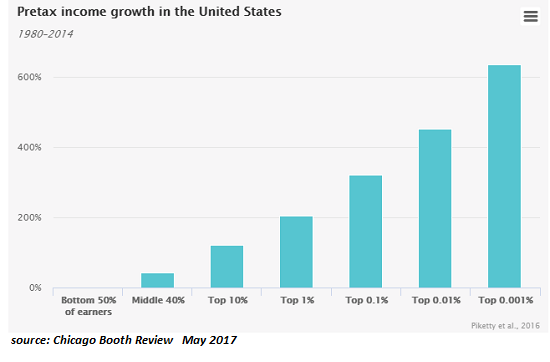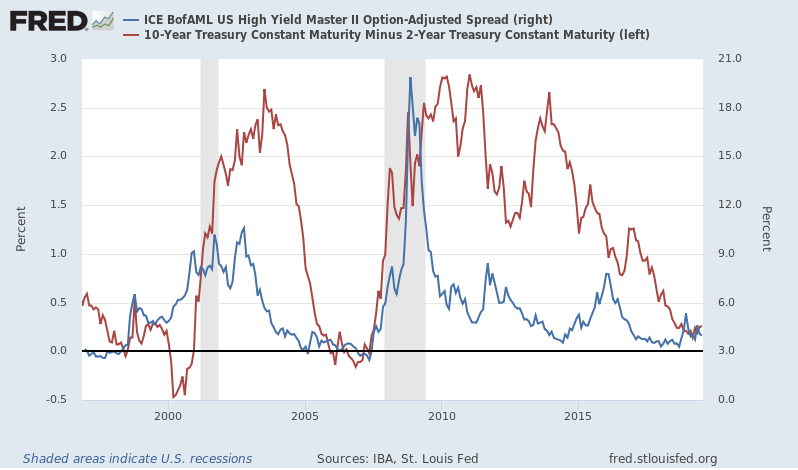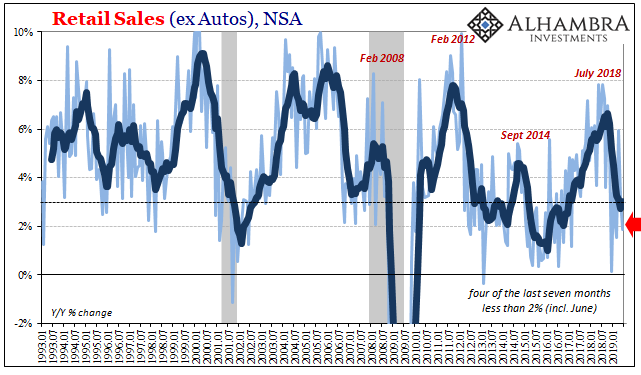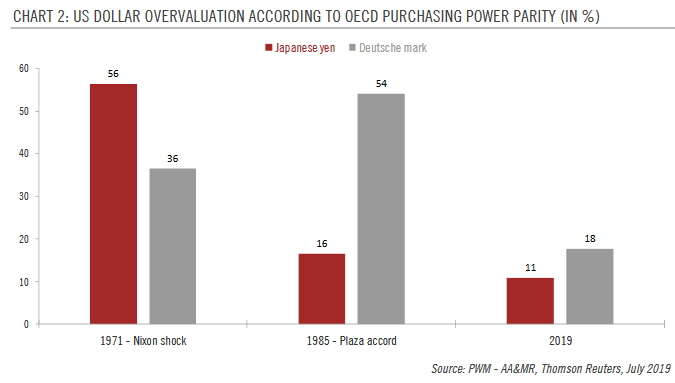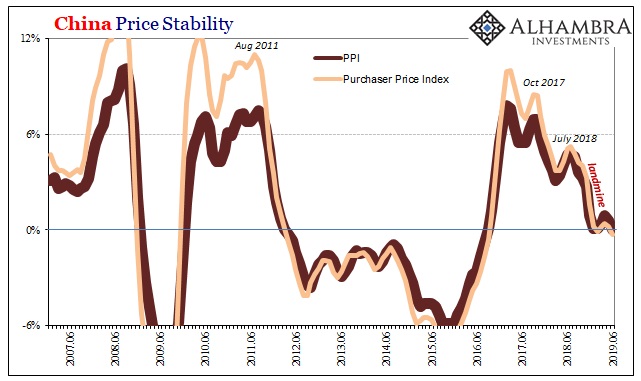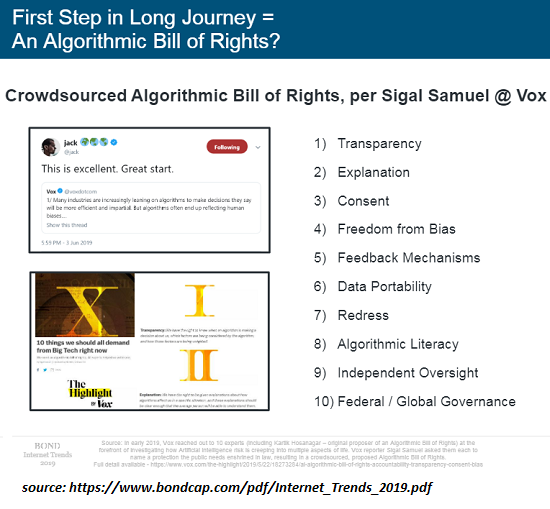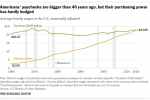Category Archive: 5.) The United States
Two Ways the System Is Rigged: HFT and Oligarchic Inheritance
We often hear how the system (i.e. our economy) is rigged to benefit the few at the expense of the many, but exactly how is it rigged? Longtime correspondent Zeus Y. recently highlighted two specific mechanisms that favor the top 0.01%: high frequency trading (HFT) and oligarchic inheritance, the generational transfer of immense wealth and the power it buys.
Read More »
Read More »
Hall of Mirrors, Where’d The Labor Shortage Go?
Today was supposed to see the release of the Census Bureau’s retail trade report, a key data set pertaining to the (alarming) state of American consumers, therefore workers by extension (income). With the federal government in partial shutdown, those numbers will be delayed until further notice. In their place we will have to manage with something like the Federal Reserves’ Beige Book.
Read More »
Read More »
That’s A Big Minus
Goods require money to finance both their production as well as their movements. They need oil and energy for the same reasons. If oil and money markets were drastically awful for a few months before December, and then purely chaotic during December, Mario Draghi of all people should’ve been paying attention.
Read More »
Read More »
As Germany and France Come Apart, So Too Will the EU
If we follow the logic and evidence presented in these seven points, we are forced to conclude that the fractures in France, Germany and the EU are widening by the day. When is a nation-state no longer a functional state? It's an interesting question to ask of the European nation-states trapped in the devolving European Union.
Read More »
Read More »
The Decline and Fall of the European Union
This exhaustion of the neocolonial-neofeudal model was inevitable, and as a result, so too is the decline and fall of the European integration/exploitation project. That a single currency, the euro, would fracture rather than unite Europe was understood long before the euro's introduction as legal tender on January 1, 2002.
Read More »
Read More »
Where Will You Be Seated at the Banquet of Consequences?
To get a good seat at the banquet of consequences, the owner of capital has to shift his/her capital into scarce forms for which there is demand. The Banquet of Consequences is being laid out, and so the question is: where will you be seated? The answer depends on two dynamics I've mentioned many times: what types of capital you own and the asymmetries of our economy.
Read More »
Read More »
The Recession Will Be Unevenly Distributed
Those households, enterprises and organizations that have no debt, a very low cost basis and a highly flexible, adaptable structure will survive and even prosper. The coming recession will be unevenly distributed, meaning that it will devastate many while leaving others relatively untouched. A few will actually do better in the recession than they did in the so-called "recovery."
Read More »
Read More »
You Know It’s Coming
After a horrible December and a rough start to the year, as if manna from Heaven the clouds parted and everything seemed good again. Not 2019 this was early February 2015. If there was a birth date for Janet Yellen’s “transitory” canard it surely came within this window. It didn’t matter that currencies had crashed and oil, too, or that central banks had been drawn into the fray in very unexpected ways.
Read More »
Read More »
If You’ve Lost The ISM…
These transition periods are often just this sort of whirlwind. One day the economy looks awful, the next impervious to any downside. Today, it has been the latter with the BLS providing the warm comfort of headline payrolls. For now, it won’t matter how hollow.
Read More »
Read More »
Living In The Present
It’s that time of year again, time to cast the runes, consult the iChing, shake the Magic Eight Ball and read the tea leaves. What will happen in 2019? Will it be as bad as 2018 when positive returns were hard to come by, as rare as affordable health care or Miami Dolphin playoff games? Will China’s economy succumb to the pressure of US tariffs and make a deal?
Read More »
Read More »
Could Stocks Rally Even as Parts of the Economy Are Recessionary?
It's not yet clear that the stock market swoon is predictive or merely a panic attack triggered by a loss of meds. We contrarians can't help it: when the herd is bullish, we start looking for a reversal. When the herd turns bearish, we also start looking for a reversal.
Read More »
Read More »
Nothing To See Here, It’s Just Everything
The politics of oil are complicated, to say the least. There’s any number of important players, from OPEC to North American shale to sanctions. Relating to that last one, the US government has sought to impose serious restrictions upon the Iranian regime. Choking off a major piece of that country’s revenue, and source for dollars, has been a stated US goal.
Read More »
Read More »
The Crisis of 2025
This is the predictable path because it's the only one that's politically expedient and doesn't cause much financial pain until it's too late to stave off collapse. While many fear a war between the nuclear powers or the breakdown of civil order, I tend to think the Crisis of 2023-26 is more likely to be financial in nature.
Read More »
Read More »
A Couple of Thoughts on 2019
The story of the 21st century is debt is soaring while earned income is stagnating for the bottom 95%. Best wishes to all my readers and correspondents for a safe, healthy and productive 2019. Thank you, longstanding supporters, for renewing your financial support at the new year without any pathetic begging on my part. (The pathetic begging will commence shortly.)
Read More »
Read More »
Chart of the Week: The Dreaded Full Frown
I’m going to break my personal convention and use the bulk of the colors in the eurodollar futures spectrum, not just the single EDM’s (June) contained within each. The current front month is January 2019, and its quoted price as I write this is 97.2475. The EDH (March) 2019 contract trades at 97.29 currently and it will drop off the board on March 18.
Read More »
Read More »
The Crisis of Capital
The undeniable reality of the 21st century economy is that capital has gained while labor has stagnated. While various critics quibbled about his methodology, Thomas Piketty's core finding--that capital expanded faster than GDP and wages/salaries (i.e. earned income from labor)--is visible in these charts.
Read More »
Read More »
Wasting the Middle: Obsessing Over Exits
What was the difference between Bear Stearns and Lehman Brothers? Well, for one thing Lehman’s failure wasn’t a singular event. In the heady days of September 2008, authorities working for any number of initialism agencies were busy trying to put out fires seemingly everywhere. Lehman had to compete with an AIG as well as a Wachovia, already preceded by a Fannie and a Freddie.
Read More »
Read More »
The net result is capital is impaired in eras of uncertainty.
The net result is capital is impaired in eras of uncertainty. As we look ahead to 2019, what can we be certain of? Maybe your list is long, but mine has only one item: certainty is fraying. Confidence in financial policies intended to eliminate recessions is fraying, confidence in political processes that are supposed to actually solve problems rather than make them worse is fraying, confidence in the objectivity of the corporate media is fraying,...
Read More »
Read More »
Just In Time For The Circus
Just in time to follow closely upon yesterday’s European circus, IHS Markit piles on with more of the same forward-looking indications looking forward the wrong way. Mario Draghi says the ECB is ending QE, good for him. The central bank will do this despite balanced risks rebalancing in a different place. The more bad news and numbers stack up the more “they” say it’s nothing just transitory roughness.
Read More »
Read More »
Powell: Still Strong; Markets: AYFKM
The official statement that accompanies each every FOMC policy action is by nature bland and sterile. Still, despite the sparseness of printed words those that are included can say a lot. Here’s its essence for what just wrapped up in December 2018: The Committee judges that some further gradual increases in the target range for the federal funds rate will be consistent with sustained expansion of economic activity, strong labor market conditions,...
Read More »
Read More »










